
Prime Minister Pushpa Kamal Dahal 'Prachanda' declared in a public program that the tax on tobacco goods will be comparable to India's by 2025, at 58 percent of the sales price. However, associated companies have begun to exert pressure to prevent an increase in the tax rate on tobacco goods in the next fiscal year's budget.
Before presenting the budget for the previous fiscal year, then-Health Minister Mohan Bahadur Basnet stated publicly that he intended to raise tobacco taxes this year. However, this did not occur when the budget for the year was passed. In the next news conference, then-Minister Basnet naively stated, "I tried to increase it, but Nepal's bureaucracy is such that even if I wanted to, I couldn't."
This demonstrates how closely the network of tobacco product makers is linked to Nepal's political leadership and administrative machinery. As a result, the administration is failing to carry out even the legislation enacted by parliament.
The Tobacco Control and Regulation Act of 2068 prohibits smoking or consuming tobacco in public places; selling or distributing tobacco products to people under the age of 18 or pregnant women; and selling tobacco products within 100 meters of educational and health institutions, child welfare homes, child care centers, old age homes, orphanages. Even though there is a provision the government, local administration, and local bodies appear to have failed to comply with it, more than a decade after the law was enacted.
Shantlal Mulmi, the coordinator of the Health Rights and Tobacco Control Network Nepal, stated that "73 people die every day in Nepal as a result of tobacco consumption." The World Health Organization's International Convention on Tobacco states that tobacco taxes should be raised each year. Nepal is also a ratifying nation. However, the makers of tobacco goods in Nepal are succeeding in a conspiratorial manner by not increasing the tax rate on tobacco.
Every year, Nepal spends over 47 billion rupees on tobacco usage, with the associated dangers and illnesses being extremely costly. According to an organization that analyzes tobacco control policies, Nepal ranks 19th in the world and first in South Asia in terms of tobacco-related mortality.
According to the Global Tobacco Index 2021, 29 percent of smokers in Nepal are aged 15 to 49. Seven percent of teens are between the ages of 13 and 15. According to the index's study, the tax on tobacco products generates 18 and a half billion rupees in revenue, while the state loses around 23 billion rupees owing to their usage.
According to a research performed by the World Health Organization and the Health Research Council, the average age for first smoking in Nepal is 17.8. In Nepal, an average of 33% of persons use tobacco, with a higher proportion in rural regions at 39%. According to a World Health Organization assessment, the expense of treating non-communicable diseases is the leading cause of poverty in Nepal. To restrict the consumption of tobacco products, the World Health Organization recommends imposing a tariff of at least 75%. At the moment, UN member states are debating whether to raise this percentage to 90%.
According to the Global Tobacco Index 2021, Nepalese tobacco producers have political, policy, and administrative influence to avoid raising taxes. Even though they are not allowed to spend on corporate social responsibility, they are not permitted to support any initiatives that they are found doing so. The government is also encouraging the owners of tobacco-producing corporations.
Even though it is illegal under Nepalese legislation, these unfair practices occur as a result of the government's illicit coordination with tobacco makers. As a result, Nepal has the lowest tobacco tax rate in South Asia, although tobacco product makers' profits are steadily growing. According to the Internal Revenue Department, the state spends 14 billion rupees more on ailments caused by the intake of such goods than it earns from tobacco products.
According to a study conducted by the Health Rights and Tobacco Control Network Nepal in 2023, tobacco products are taxed as follows in South Asia:
58% in India.
33% in Nepal.
61% in Pakistan.
73% in Bangladesh.
In Sri Lanka, a 77% tax has been imposed. Bhutan has already been declared tobacco-free.
According to Mulmi, the government's burden has risen as a result of the necessity to give relief for cancer patients who have used tobacco products. There is a provision for a monthly allowance of Rs 5,000 to the patients. Every year, tobacco causes the country an economic loss of 50 billion rupees. If the tax on tobacco is raised excessively, the capacity of ordinary people to acquire tobacco products will decline, consumption will fall, and the government's revenue will rise. Savings on treatment expenses benefit both individuals and the state.
According to a study conducted by the Health Rights and Tobacco Control National Network, raising the tax rate by 65 percent will increase the price of tobacco products by 18 percent, reduce consumption by 12 percent, and generate an additional revenue of up to 17 billion rupees. In China, Thailand, the Philippines, Brazil, France, and other countries that consume more tobacco products, consumption has reduced by half while revenue has climbed by 100%.
The Health Rights and Tobacco Control Network Nepal is preparing to submit a memorandum to the Minister of Finance requesting that at least a 60% tax be levied on tobacco products in the current situation as the government prepares the budget for fiscal year 2081/082, as a tax increase on tobacco products will improve health and will also assist the state in the current economic crisis, Shantlal Mulmi, the network's coordinator, informed.
According to Nepal's legislation and the tobacco convention, the government should not recognize tobacco businesses. However, the Nepali government has been honoring Surya Tobacco year after year for paying more taxes. Surya Tobacco is sponsoring sports programs like golf, literature festival programs, and encouraging hospitals to use tobacco products by providing ambulances and health supplies in violation of the law, as well as promoting it through government officials. Which is entirely against the law.
This year, the seventh tournament on the Surya Nepal Golf Tour, 2023-024, began on the 11th of Baisakh at the Surya Nepal Kathmandu Open Royal Nepal Golf Club. Instead of prohibiting such unlawful and anti-social behavior, the government acted as a facilitator.
Surya Nepal now has around 75% of the Nepalese market, with Gorkha Lahari accounting for 20% and others accounting for the remainder.





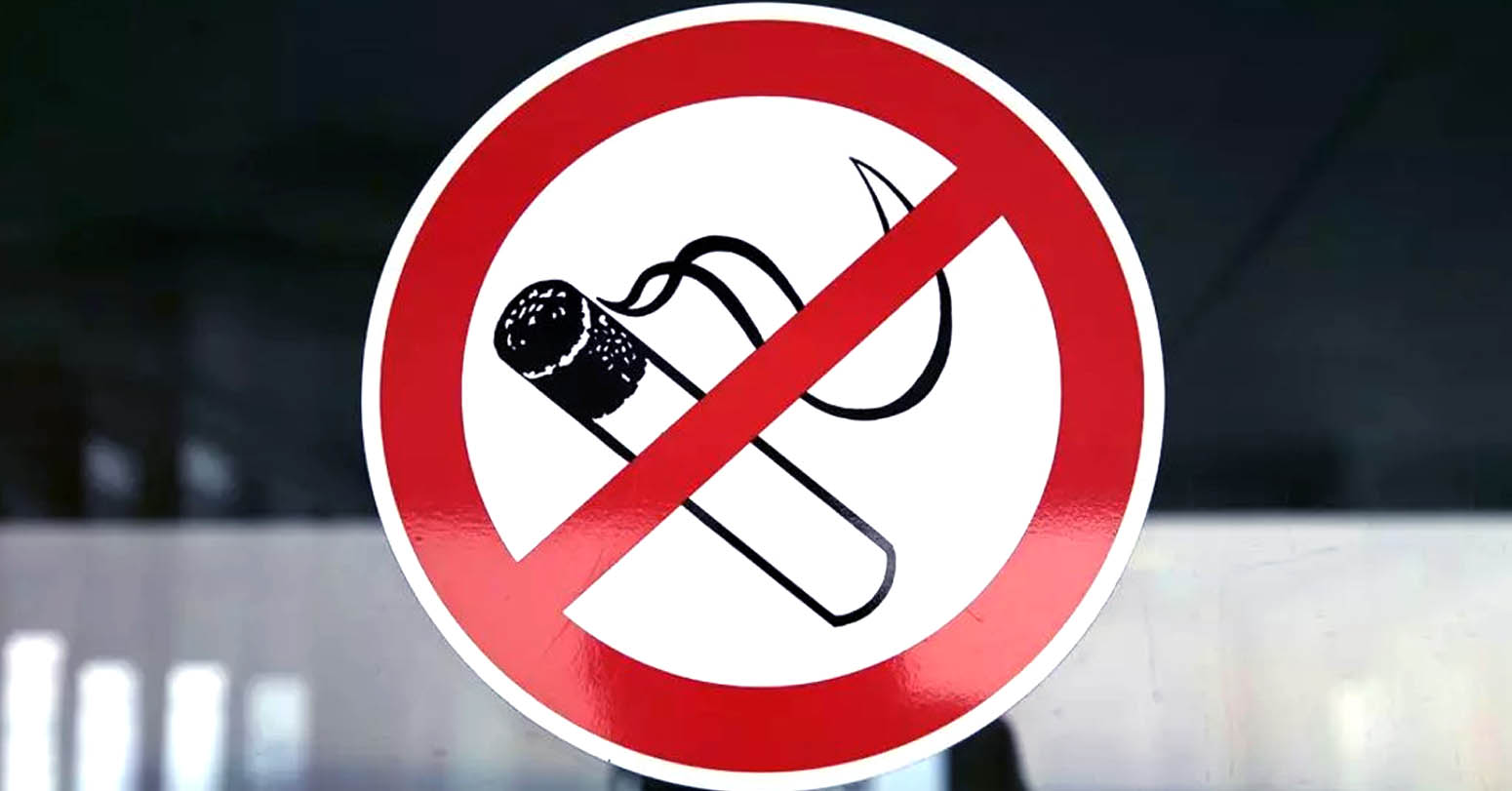
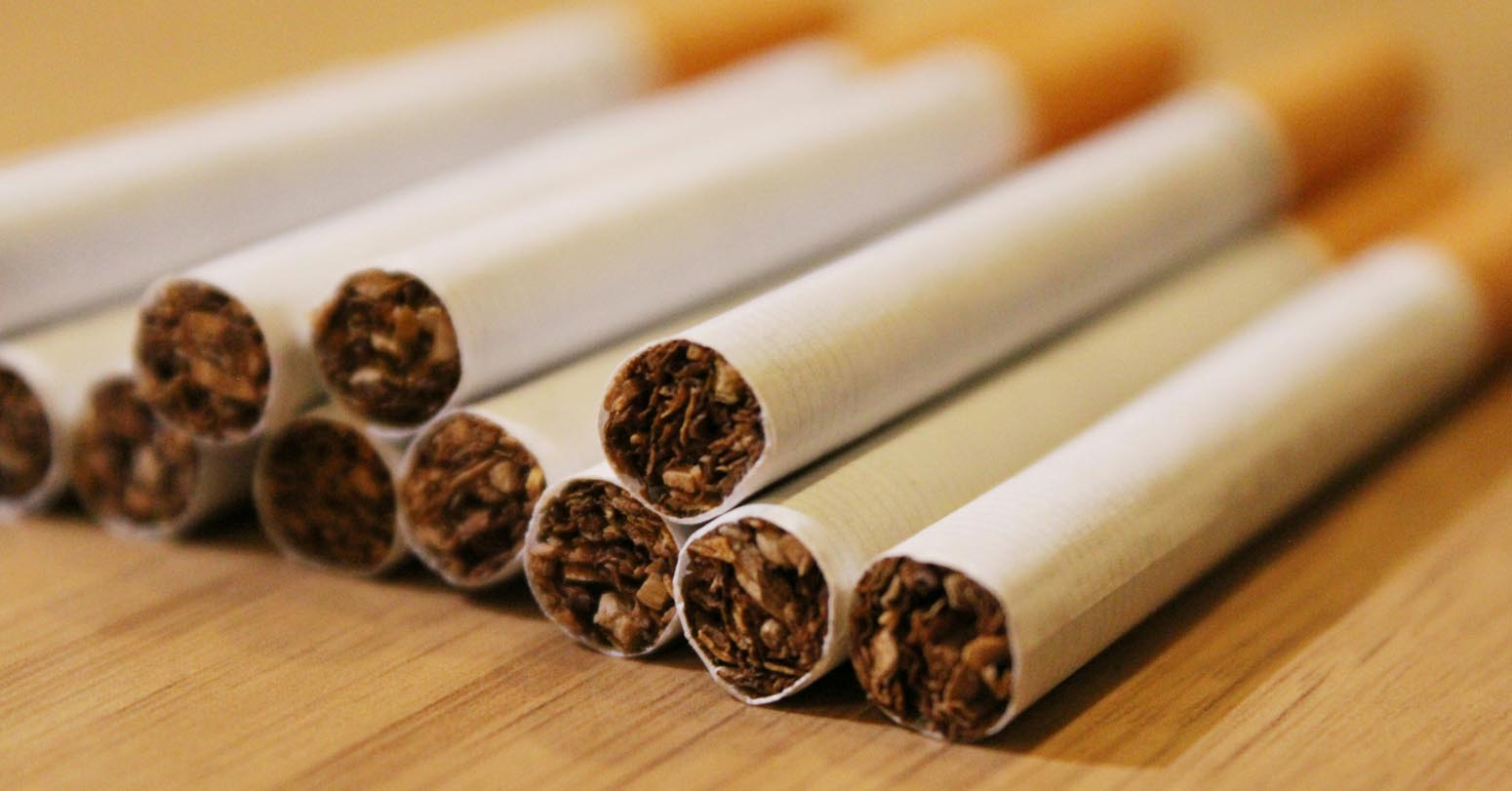
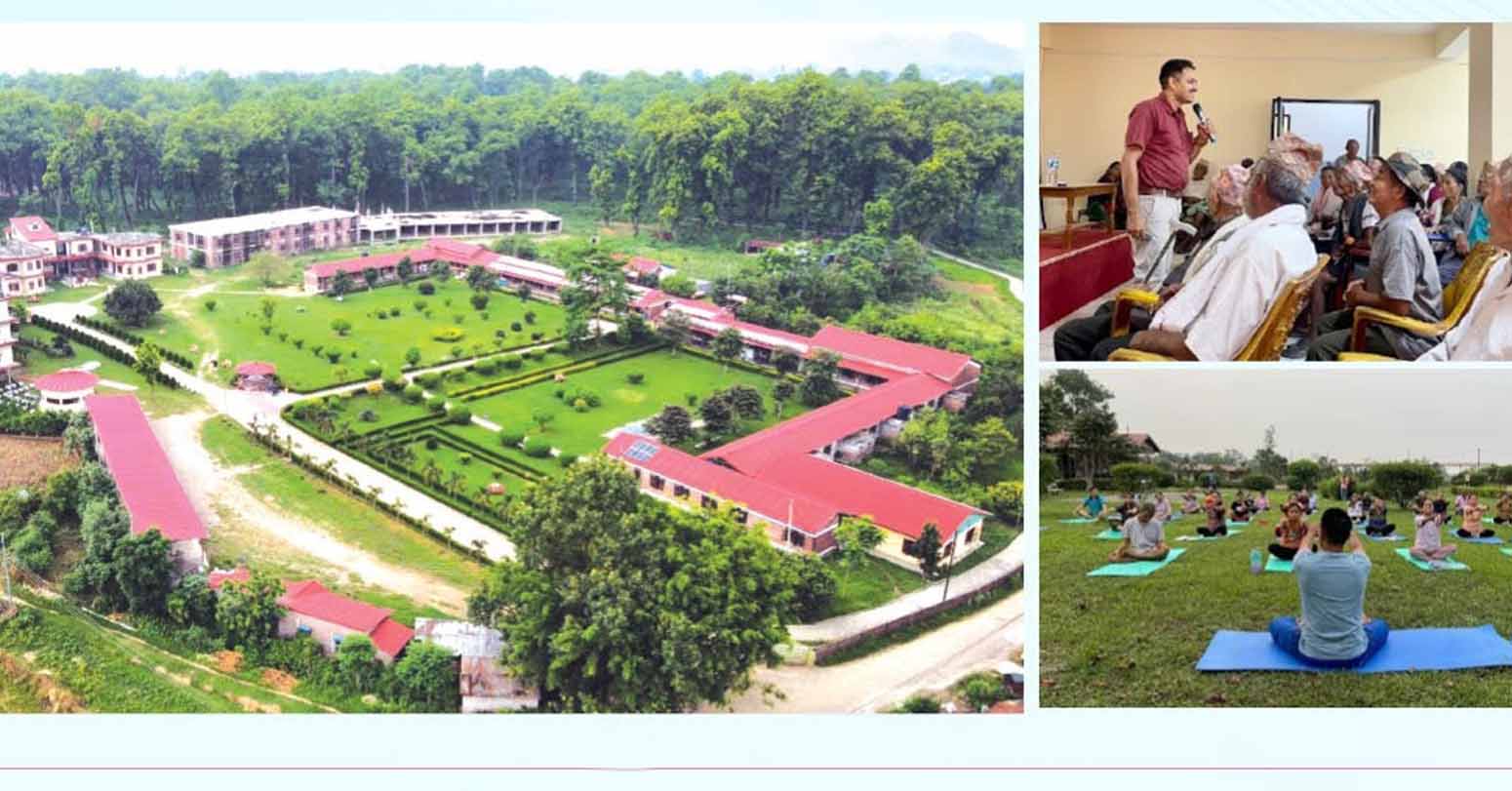
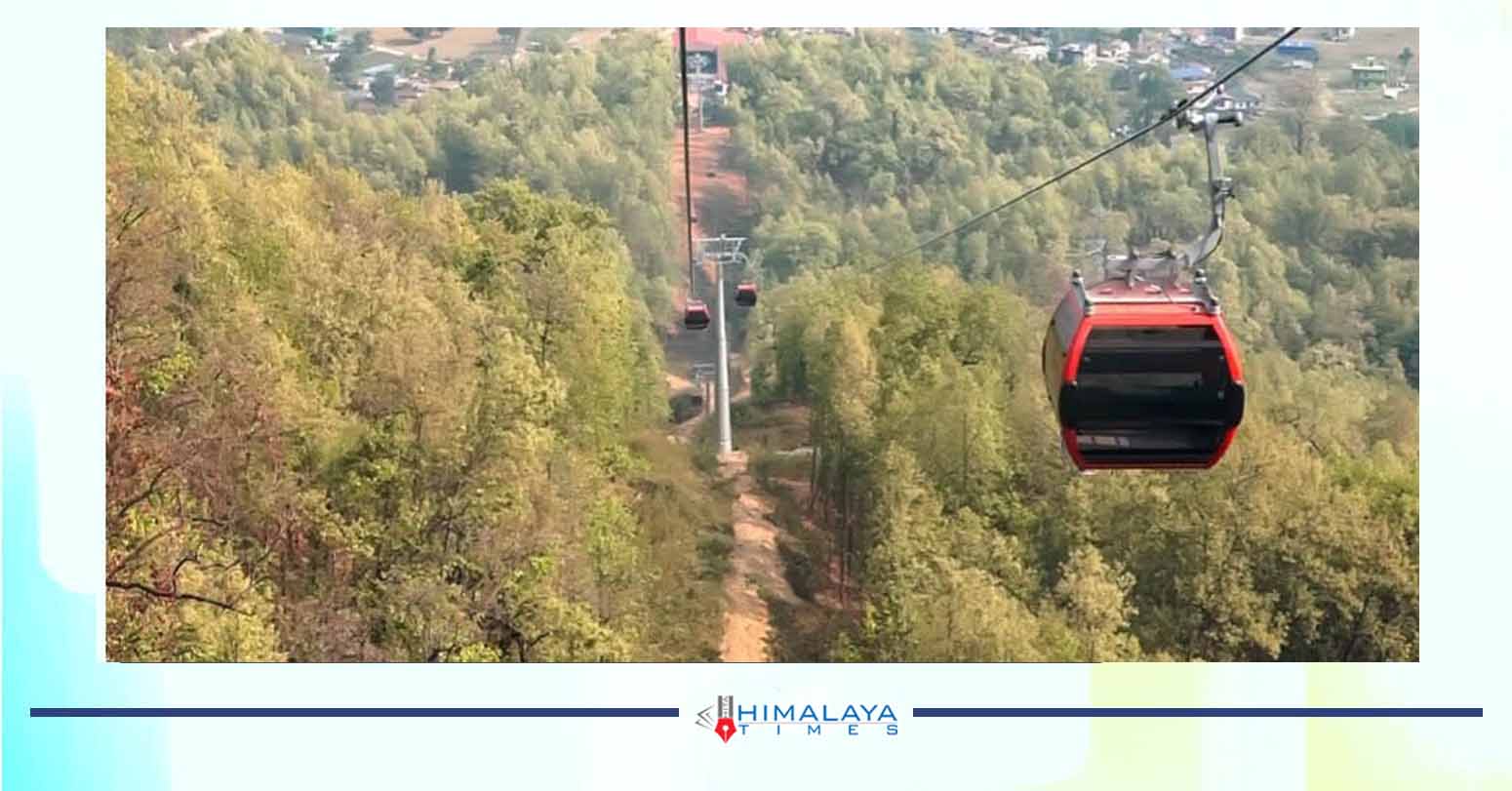
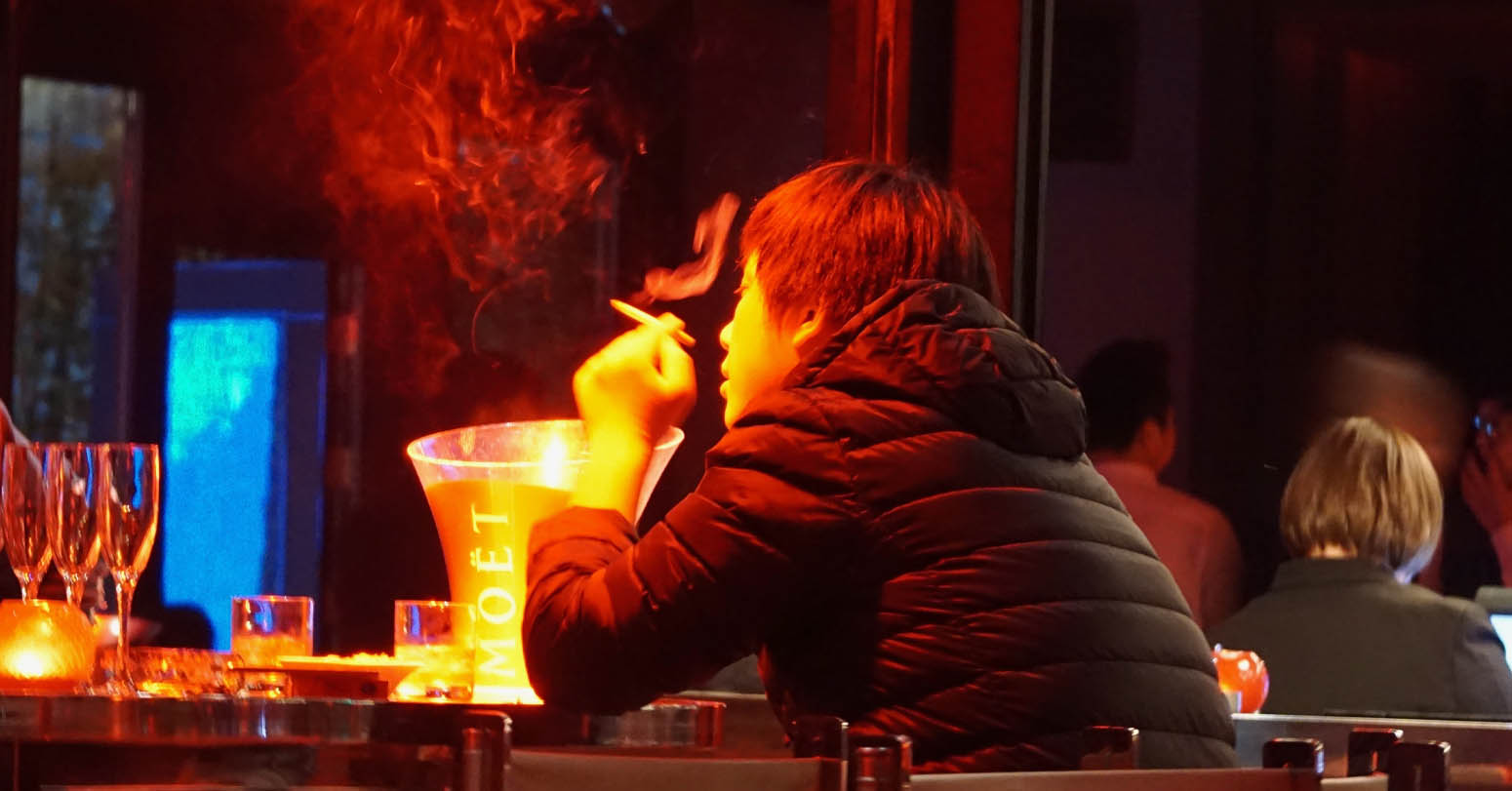

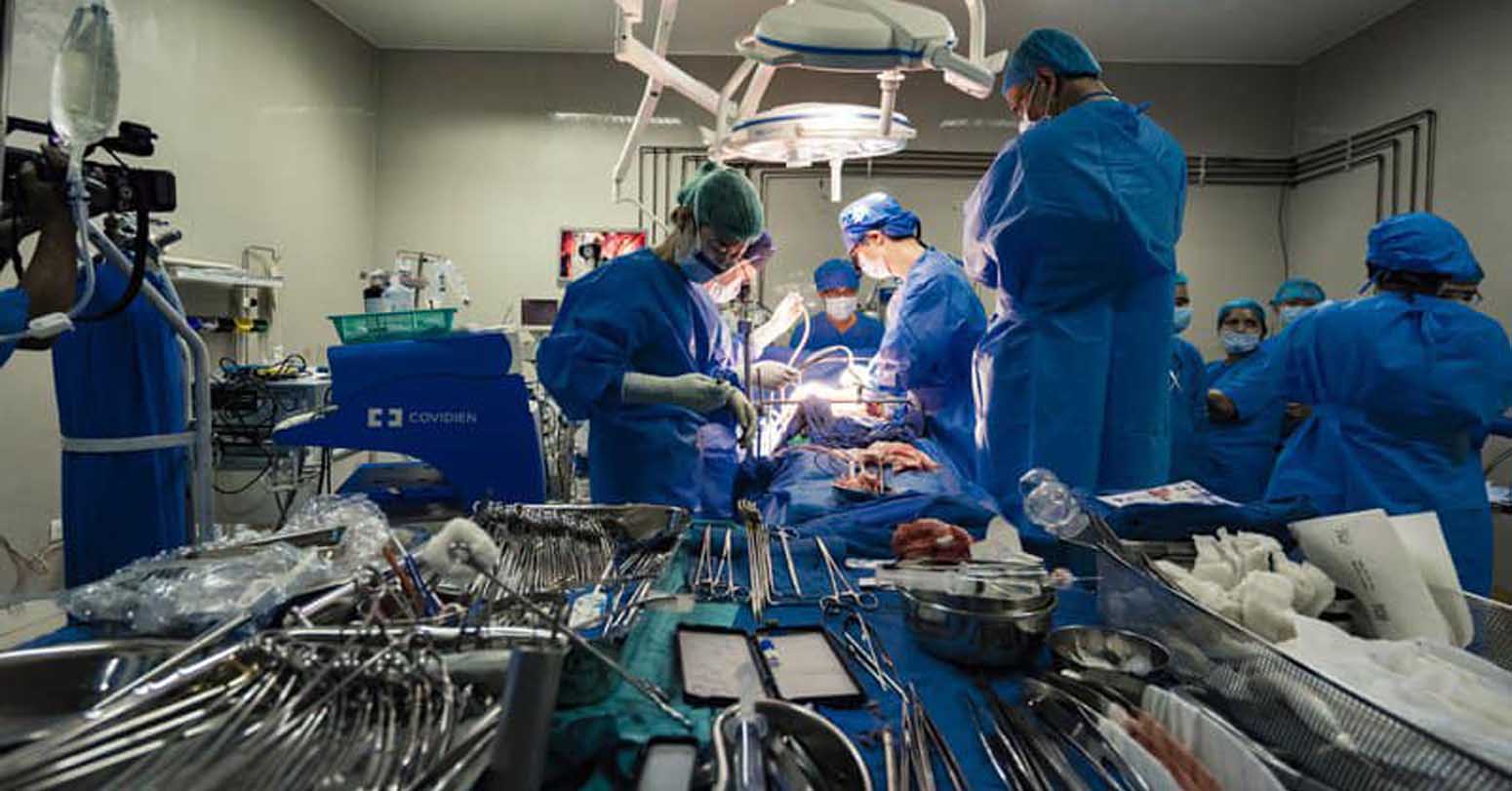
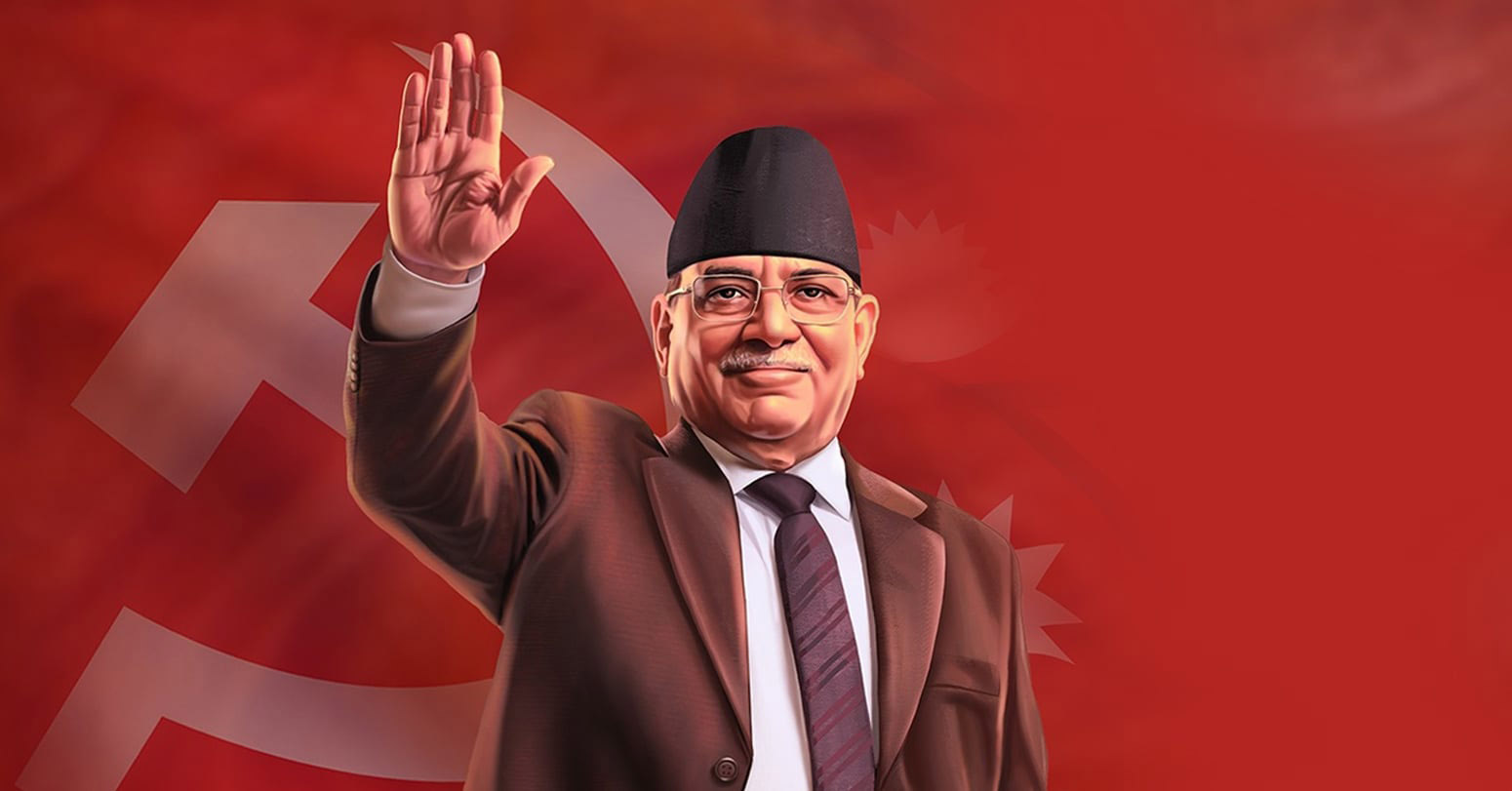
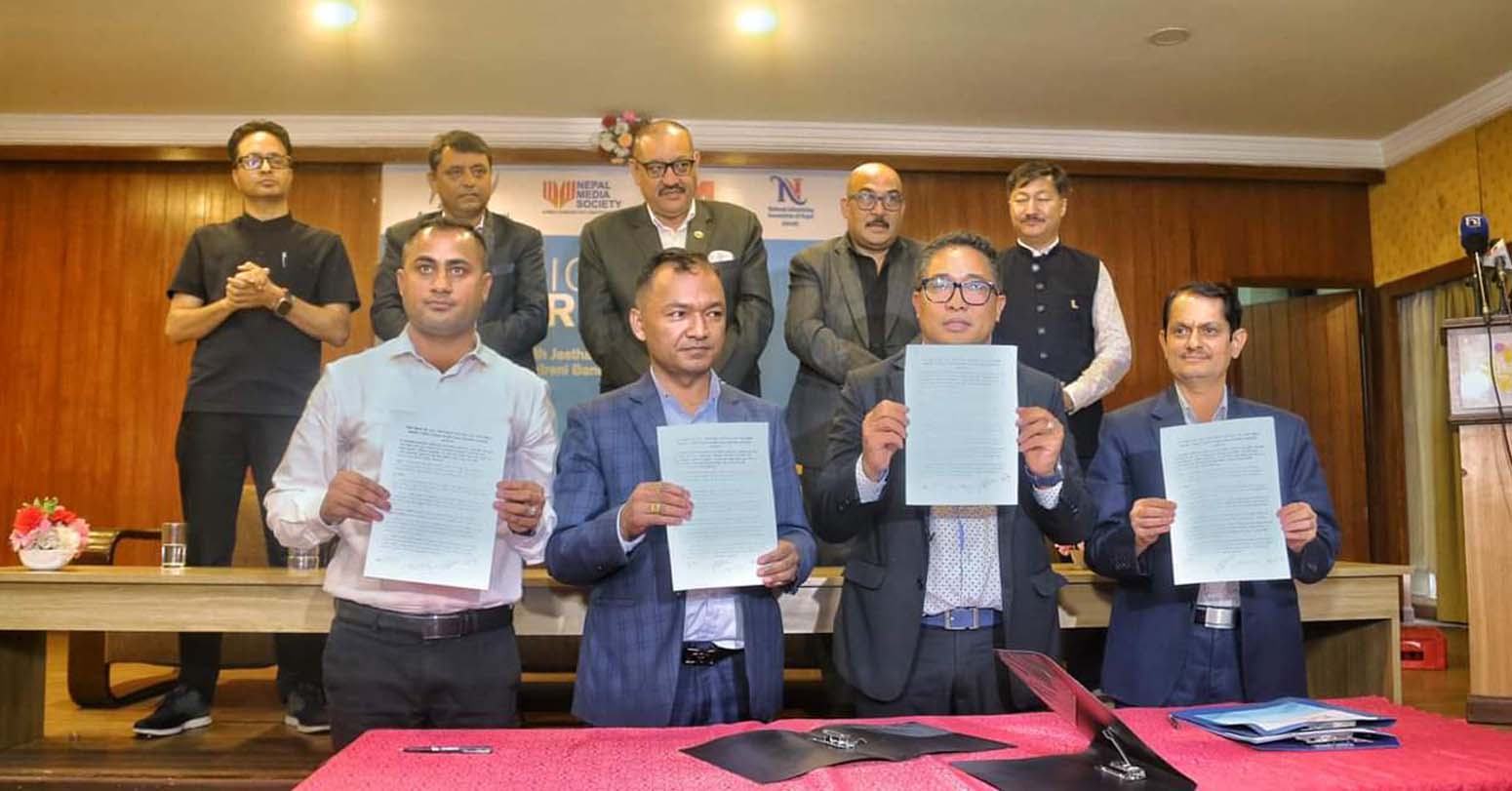
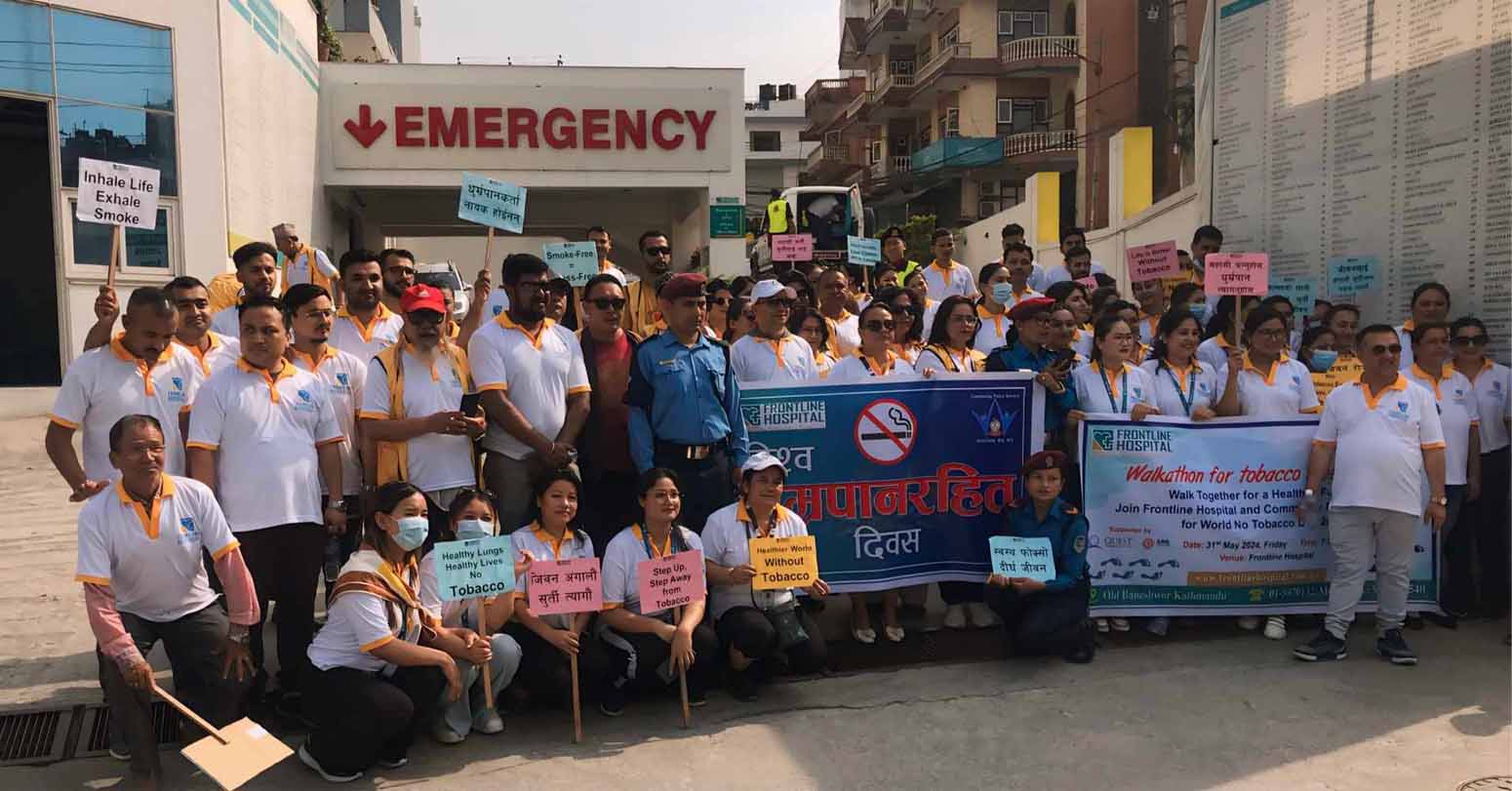

I’m extremely impressed with your writing abilities as neatly as with the structure on your weblog. Is that this a paid subject or did you customize it yourself? Anyway stay up the excellent high quality writing, it is uncommon to peer a great weblog like this one today!